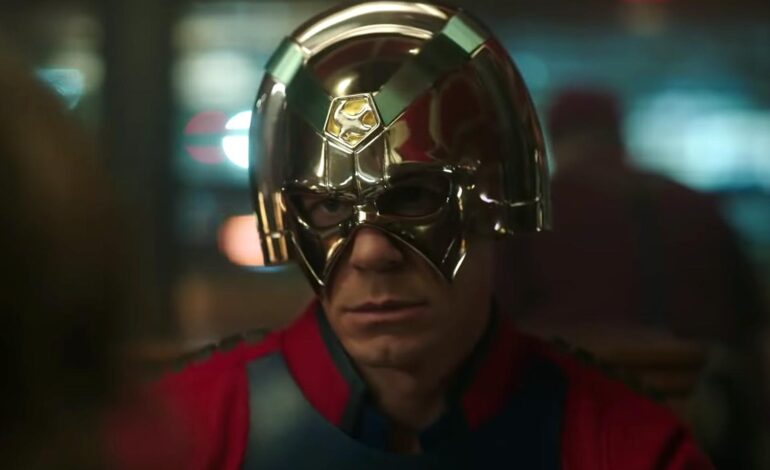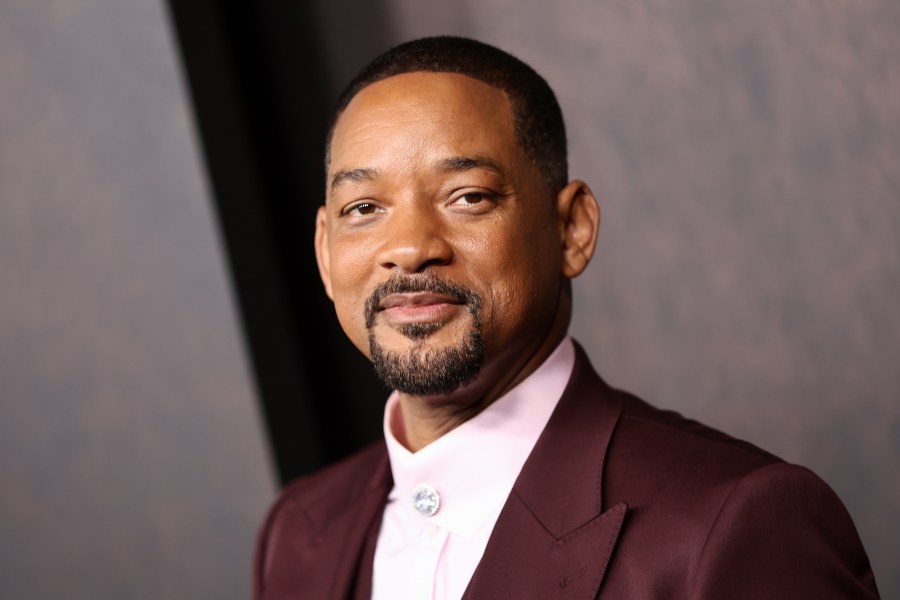Peacemaker Season 2 Revives Multiverse Concept with Fresh Insight

The second season of Peacemaker, available on HBO Max, reintroduces the multiverse theme with a unique twist that sets it apart from the saturation of similar concepts in contemporary media. This fresh outlook arrives amidst growing fatigue among audiences toward multiverse narratives, particularly due to their heavy reliance in franchises like the Marvel Cinematic Universe (MCU).
In the season premiere, John Cena’s character, Peacemaker, discovers an alternate universe within the DC Universe (DCU), where his life is dramatically different. In this parallel reality, he is not only a celebrated superhero but also enjoys relationships with family members who had died in his original timeline, including his father, Auggie/The White Dragon (portrayed by Robert Patrick), and his brother Keith (played by David Denman). This alternate version of Peacemaker’s life presents an ideal scenario, contrasting sharply with the trauma and challenges he faces in his original universe.
James Gunn’s Vision for the Multiverse
Writer and director James Gunn emphasizes that this season is not just another entry in the multiverse genre. In an interview with Rainn Wilson for Interview magazine, Gunn stated, “It’s more like Philip Roth’s The Counterlife. It’s about one reflection of your world.” While some may argue this narrative aligns with multiverse tropes, Gunn clarifies that the season employs the concept of the Quantum Unfolding Chamber, a dimensional gateway introduced in the previous season.
The chamber leads to “99 other dimensions,” though Gunn distinguishes these from alternate realities. He expresses a desire for the storyline to focus more on character development than mere spectacle. According to early reviews of the first five episodes, the alternate universe Peacemaker visits retains familiar traits from the original DCU, albeit with notable differences that highlight his character’s emotional journey.
Contrasting Multiverse Narratives
The portrayal of the multiverse in Peacemaker contrasts sharply with its depiction in other franchises, particularly the MCU. For instance, Doctor Strange in the Multiverse of Madness began with a straightforward premise but became overwhelmed by excessive cameos and distractions. Conversely, Spider-Man: No Way Home managed to balance its multiverse elements more effectively, yet it often felt more like a nostalgia trip than a cohesive narrative.
Gunn’s approach aligns more closely with acclaimed films like Everything Everywhere All at Once, which, despite its fantastical elements, revolves around deeply emotional themes of family and personal identity. This focus on character-driven storytelling is also evident in Starz‘s Counterpart, featuring J.K. Simmons, where the narrative explores two diverging universes through the lens of human relationships.
Gunn asserts that season two should be seen as a deep exploration of Peacemaker’s character, stating, “It is much more about him than it is about a superhero named Peacemaker.” This emphasis on character over spectacle may reinvigorate interest in the multiverse narrative, allowing audiences to engage with the emotional stakes involved rather than simply seeking entertainment through familiar references.
As the season unfolds, viewers may find themselves reconsidering their views on multiverse storytelling, particularly if it centers around authentic character explorations. The release of new episodes promises to delve deeper into Peacemaker’s struggles and triumphs, potentially enriching the ongoing dialogue about the multiverse in modern media.
For updates on Peacemaker season two, including release schedules and reviews, fans can stay informed through various entertainment platforms.





